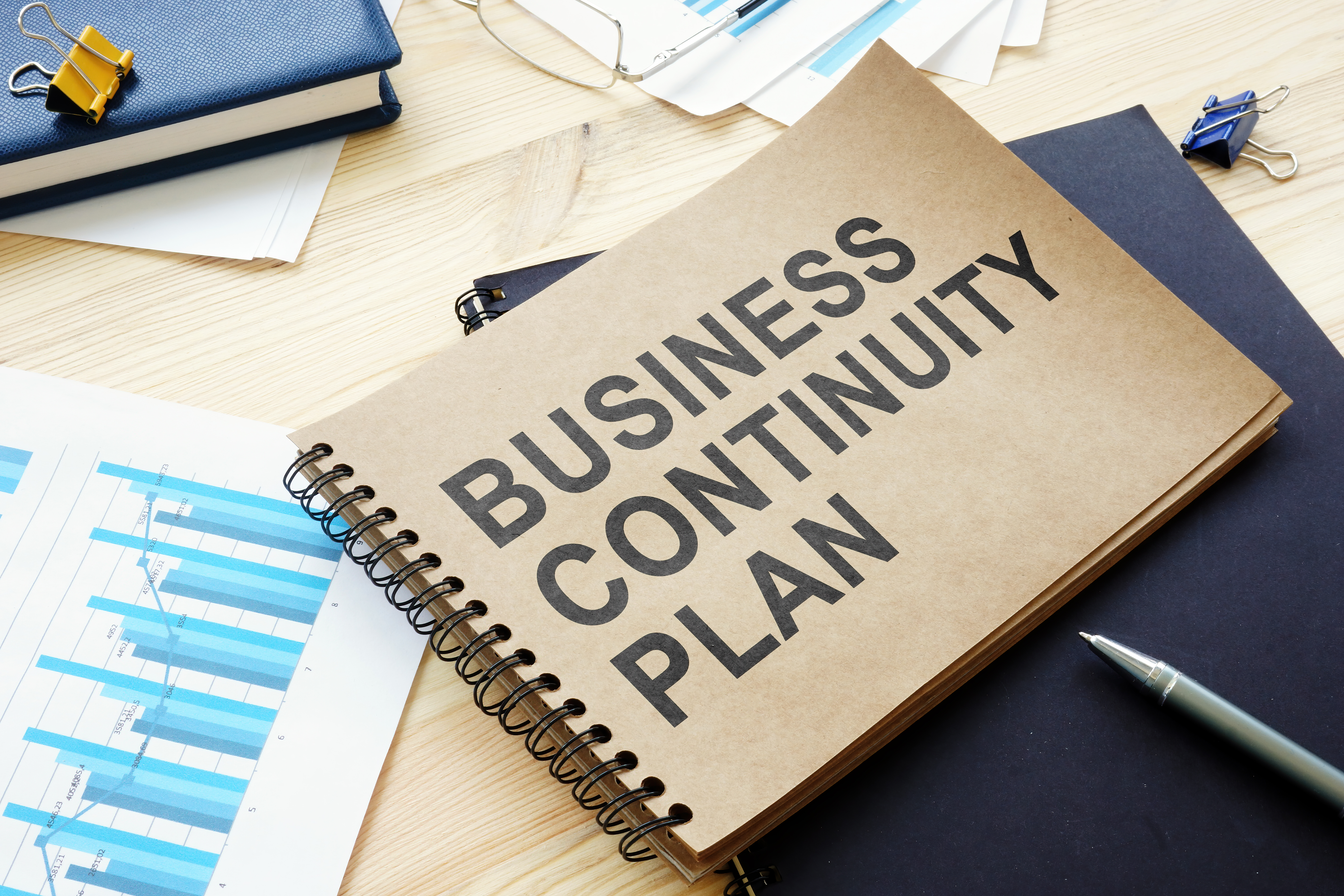When disaster strikes, you need to know how to respond so that your business takes minimal damage. By crafting a business continuity plan, your company will be in a better position to mitigate disasters as they come about.
The COVID-19 pandemic recently rocked the world and the foundation of business. It exposed the fact that companies didn't have enough contingencies in place to weather the story.
If you want your company to weather even the most calamitous storms, having disaster recovery in place can help you out. So what should go into your planning? We're glad you asked.
Read below to learn more about business continuity planning and how it can help your company avert disaster.
What Exactly is Business Continuity Planning?
In essence, a business continuity plan is a concrete course of action to take when your company faces threats. The plan is put into a document that creates systems for your business to survive these threats and get back on track as quickly as possible.
What's more, business continuity planning can arm your company's defence so that you can nip these issues in the bud.
What are the Benefits of Business Continuity Planning?
So what makes a business continuity plan so vital? There are advantages that will protect the long-term success of your company.
Here are the major benefits of continuity planning that you should embrace:
1. Your Customers Will Have More Confidence and Trust in You
After the COVID-19 pandemic hit, several businesses, small businesses particularly, were hit hard and left scrambling. Companies that were the least prepared were the most affected.
The hard fact of life is that the market and society move on whether you're prepared or not. When you're badly hampered by a threat, your company may feel that you're on shaky ground to do business with.
If they lose that trust and confidence, some customers may never return. When you show that you're always prepared and decisive in action, you instill long-lasting confidence in your company and your brand.
2. The Company Will Stay Up to Par With Industry Standards and Compliance
Your company is responsible for maintaining certain industry and legal standards for compliance. You need to show that your business is taking every measure possible to prevent disasters and to keep your information and your customer's information safe.
By installing these safeguards in the form of a continuity plan, you can make sure that your company remains in compliance.
3. You Can Minimise Losses in the Event of an Emergency
Make no mistake that your company's finance is at risk in the event of a disaster. Downtime and closing your doors cause you to lose revenue, sometimes to the point of having to file bankruptcy.
The sooner you get back in action, the sooner you can stop the bleeding and protect your bottom line.
A continuity plan requires you to take a hard look at your company. Even running this analysis can help you fix and fine-tune processes in your business.
This way, you can optimise workflow and make your company more resilient and productive even if a disaster never arrives.
How Can You Create the Best Continuity Plan?
With that said, you need to put the points into place that will help you craft the best continuity plan. Here are the criteria that you need to use for a successful plan:
1. Outline the Scope of the Plan and Important Attributes of Your Company
Creating a business continuity plan starts with understanding your company's strengths and weaknesses. Knowing where you're most vulnerable cuts out the blind spots and lets you shore up those risk factors.
You should also understand how your work processes might be affected and what outcomes can come about in the event of a threat.
What aspects of your business will you need to get back up and running the fastest? Perhaps you need to set up remote working situations so that people don't miss time on task.
Which personnel are essential to a minimal operation? Understanding this can help you shut down and scale back up following an emergency.
What sort of data recovery needs do you have to replace files and get your servers back up and running?
Know your company inside and out and you will be better able to create a business continuity plan that works.
2. Put Together an Ironclad Plan and a Team That Can Execute It
Work to put together an ironclad plan that outlines the risk factors involved and how you can overcome them. Put the plan in writing and go through several drafts before it's finalised. You will also need to put together a team of people that can execute the plan.
Make sure that your managers and upper-tiered professionals are on board to put the plan in place when it's time for action. That way, a chain of communication and command is established, and your company can get back on its feet.
3. Train Your Staff and Practice the Plan
Make sure that you also train everyone so that they know how to react in the event of a disaster. Practice the plan and train everyone in your building so that they're prepared to respond without hesitation.
The companies that are the most prepared are the ones that can weather the storms that come their way.
Make Contingencies for Your Business Continuity Plan
Business continuity planning is essential for any company if you want to get through the ebbs and flows that the market, society, and life can throw your way. Let the tips in this article help you make this plan a reality.
If you need help with your planning, take time to contact us on our site.




 Search
Search



